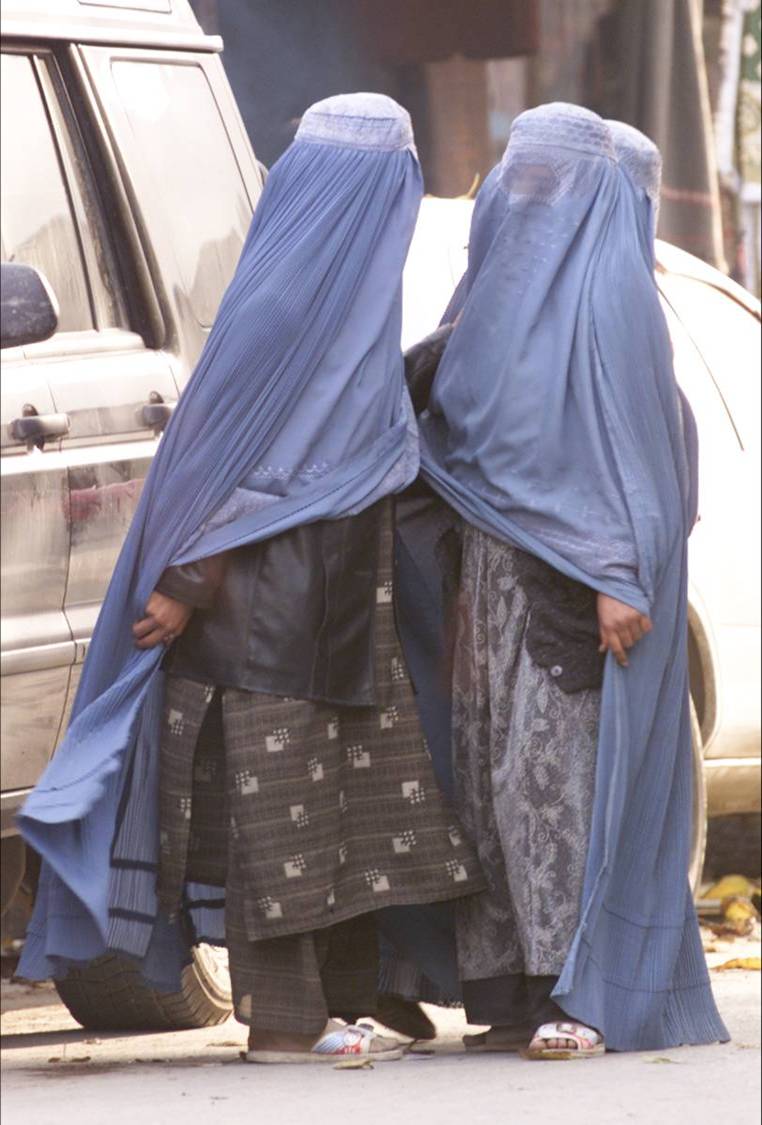aNewDomain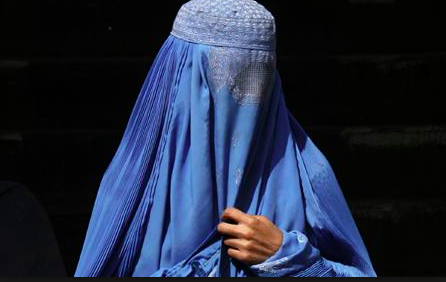 — Burqas, those full-body coverings for women imposed by some Muslim states, are controversial for so many reasons.
— Burqas, those full-body coverings for women imposed by some Muslim states, are controversial for so many reasons.
They are seen by some as an assault on liberty. Others look at them as an unwelcome intrusion, an intrusion of a closed, undesirable culture into one that values freedom and self-expression.
Around the world governments have prohibited burqas. France notably banned head coverings that conceal the face. The Turkish government banned such garments in universities. In the U.S., the burqa is popularly considered a tool of oppression. American men and women often pity the poor burkha wearer.
Oh, look at that. Aw. Don’t you just feel so sorry for her?
And it confuses us when we hear women say that they want the right to wear the burqa. The right?
We think it’s like a slave who is begging for the right to wear chains. But are we, like the Turks and the French, considering setting women free who don’t think they’re unfree and don’t want our help at all?
After considering this question, I’ve decided that I’d wear a burqa if I were a woman. I would. Here’s why.
But first, a word about Caitlyn Jenner
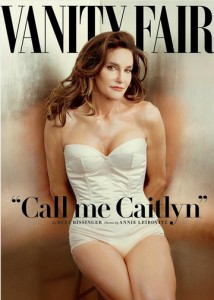 Look at what’s going on with Caitlyn Jenner. When she debuted on the cover of Vanity Fair recently, she did so in a revealing swimsuit. With makeup. Airbrush work. The whole illusion seemed contrived to present a sexually available woman in her prime, a sex object.
Look at what’s going on with Caitlyn Jenner. When she debuted on the cover of Vanity Fair recently, she did so in a revealing swimsuit. With makeup. Airbrush work. The whole illusion seemed contrived to present a sexually available woman in her prime, a sex object.
The woman who used to be Bruce is nearly 70, but no matter.
She comes out sexy and she comes out swinging.
She had to. Of course she did.
Jon Stewart beat me to the punch on this one: Becoming a woman in America, being accepted as one, means being sexualized.
Jon Stewart: JoshKeep YouTube Channel
In the U.S. and in the West, in general, being a woman means being judged by your appearance.
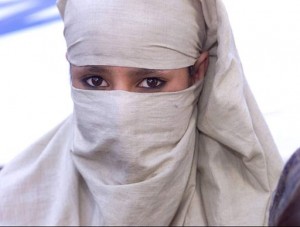 I’m not saying anything women don’t absolutely know from the time they’re, like, two.
I’m not saying anything women don’t absolutely know from the time they’re, like, two.
 In the West, studies show, if you seem sexually available and attractive you have a much bigger chance of success in basically every way that matters: to be hired, promoted, paid more money, solicited, proposed to and, of course, in being offered opportunities to cheat on your husbands.
In the West, studies show, if you seem sexually available and attractive you have a much bigger chance of success in basically every way that matters: to be hired, promoted, paid more money, solicited, proposed to and, of course, in being offered opportunities to cheat on your husbands.
Cynical much, Jason? Yeah. But hear me out.
We know that, in general, heavier women take home less money.
So do women rated as “less attactive than average” by independent panels.
So you’d better look good. And you’d better not get fat.
Oh, and you’d better wear red.
You’ve seen this video before, right? It seems everyone on Earth has.
10 Hours Walking As A Woman in NYC: YouTube
I’m a guy so I’m lucky. I don’t like people judging me when they don’t know me.
I don’t even like being judged by people who *do* know me. And I’m really aware these days of just how much privilege I have because of my whiteness and maleness and heterosexuality …
What’s Real
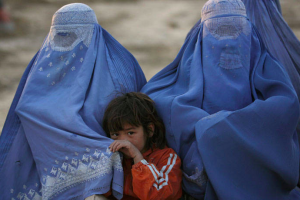 So let’s look at intersectionality for a moment. This is the study of the areas in which disadvantages overlap.
So let’s look at intersectionality for a moment. This is the study of the areas in which disadvantages overlap.
For instance, being black confers disadvantages in the United States because of racism; being female confers sexist disadvantages; being gay confers heterosexist ones.
What we should be studying is the consequences of positive intersectionality. We should be looking at the way advantages accrue to those who, like me, occupy several privileged categories at once.
I mean, I can’t know how much of my limited success comes because I was moved to the head of the line. What’s real and what isn’t? How much have I been allowed to cut in front of people of color or women, people who could’ve been vastly more qualified for a job? I can’t know.
I also can’t know how many times my resume got shuffled to the bottom of the pile because of my Hispanic-seeming last name. I don’t know how many interviews I’ve blown because I’m autistic, either.
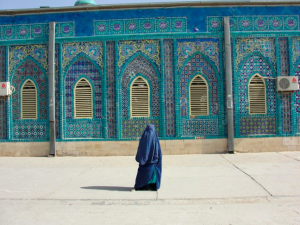 All this matters. A lot.
All this matters. A lot.
People won’t give us privileges they don’t even know they have. We’ll never get folks to understand riots in black neighborhoods outside a context of personal responsibility until we can show them how their own success, no matter how limited, has a lot to do with how white, male, straight, attractive, conforming they are.
They say dress for the job you have, but all jobs except lottery-check casher have pretty much the same uniform.
Hell, Yeah, I’d Wear A Burqa
So back to the burqa. Why do you think a woman might want to wear what Bill Maher icily calls the “bee-keeper” outfit?
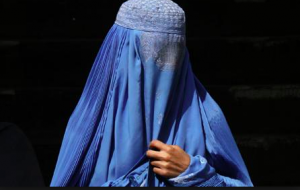 She might like it, in part, so she can know the sincerity of the people who claim to like her.
She might like it, in part, so she can know the sincerity of the people who claim to like her.
You can’t tell if a woman in a burqa is thin or fat, young or old, white or arab or Jewish or Asian or Hispanic or black, or if she was born a woman at all.
You can’t tell if her face was ruined in an acid attack because she had the audacity to go to school, or if she has her teeth, or if she’s your type.
If you still like her — you still treat her with respect and kindness and humanity — well, then, you might be ready to meet her face to face.
I’m not saying modesty garments are great.
I am neither endorsing nor condemning them.
All I’m saying is I’m a man. And I know, from the inside, how men look at women and how we judge women.
And if I were a woman, hell, yeah, I’d want to wear the burqa.
For aNewDomain, I’m Jason Dias.
Cover image: By Davric (Collection personnelle (personal collection)) [Public domain], via Wikimedia Commons
Image 1: english.alarabiya.net, All Rights Reserved
Image 2:WhyEvolutionIsTrue.wordpress.com, All Rights Reserved
Image 3: By Davric (Collection personnelle (personal collection)) [Public domain], via Wikimedia Commons
Image 4: english.alarabiya.net, All Rights Reserved

